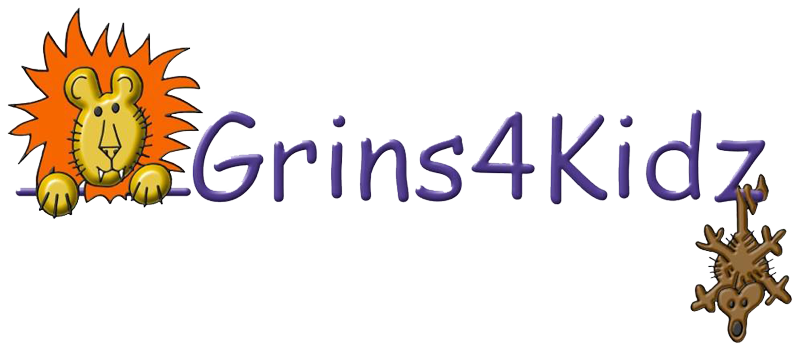Nitrous Oxide
Commonly known as “laughing gas,” nitrous oxide helps reduce your child’s anxiety during dental treatment. By placing a small breathing mask over the child’s nose, nitrous oxide works with normal breathing within just a few minutes. Nitrous oxide helps alter perception of pain and warps time for those on whom it is effective. A very safe sedation technique, nitrous oxide has been used in dentistry and other medical fields for a very long time and is a simple tool to help your child’s treatment go smoothly. With nitrous oxide, your child is awake throughout dental treatment and maintain their natural reflexes. A mild gas, nitrous oxide is non-allergenic, has a rapid onset and is quickly eliminated from the body. Nitrous oxide is not a replacement for local anesthetic and is not effective on every child.
Dr. Ortiz or Dr. Heeter will discuss with you if they feel your child is a candidate for nitrous oxide and answer any questions you may have about its use.
Oral Sedation
Dr. Ortiz or Dr. Heeter may recommend your child be treated using an oral sedative. If so, the type of sedative will depend on your childs age, needs and medical history. Not every child is a candidate for oral sedation. If this treatment option is recommended, Dr. Ortiz or Dr. Heeter will discuss the options further with you in the office.
General Anesthesia
While many children do well for dental procedures in the office, some children cannot tolerate traditional treatment. Children with extensive dental treatment needs, and often those that are very young, typically have a difficult time cooperating for repeated dental procedures. Many young children are not capable of understanding the concepts of fixing cavities, sitting still or the feeling of being numb. This can create a barrier for the safe completion of treatment in the traditional office setting. In addition, patients with developmental delays or special needs may have challenges completing comprehensive dental care in the traditional office setting.
For these occasions, on an individual case basis, Dr. Ortiz and Dr. Heeter may recommend general anesthesia. General anesthesia renders the patient completely asleep, just as if he or she were having tonsils removed or ear tubes placed. During the time your child is asleep, they will be monitored by a licensed anesthesiologist while Dr. Ortiz or Dr. Heeter complete all the necessary dental treatment. Risks and benefits of dental treatment under general anesthesia are carefully considered for each patient.
Dr. Ortiz and Dr. Heeter perform general anesthesia cases at Rogue Regional Medical Center and in the office using M2 Anesthesia Group.

